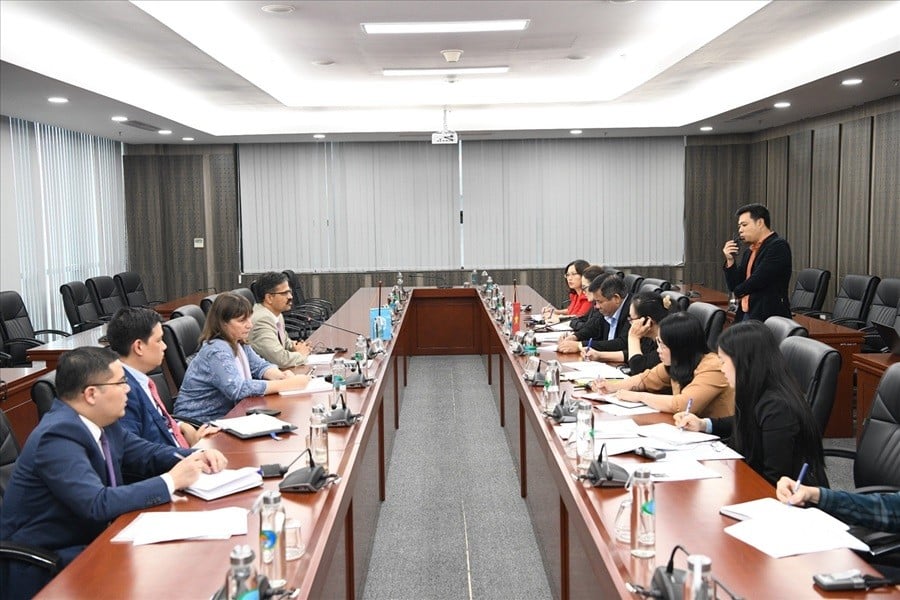 |
| United Nations Special Rapporteur on the Right to Development Surya Deva visited and worked at the Committee for Ethnic Minorities on November 7. (Source: Committee for Ethnic Minorities) |
Why did you choose to visit Vietnam as the United Nations (UN) special rapporteur on the right to development?
UN Special Rapporteurs consider a number of factors in deciding which countries to visit during their two official visits each year. I chose Viet Nam, considering a number of factors, because a visit to Viet Nam could provide an opportunity to assess both progress in realizing the right to development and ongoing challenges in ensuring inclusive and sustainable development.
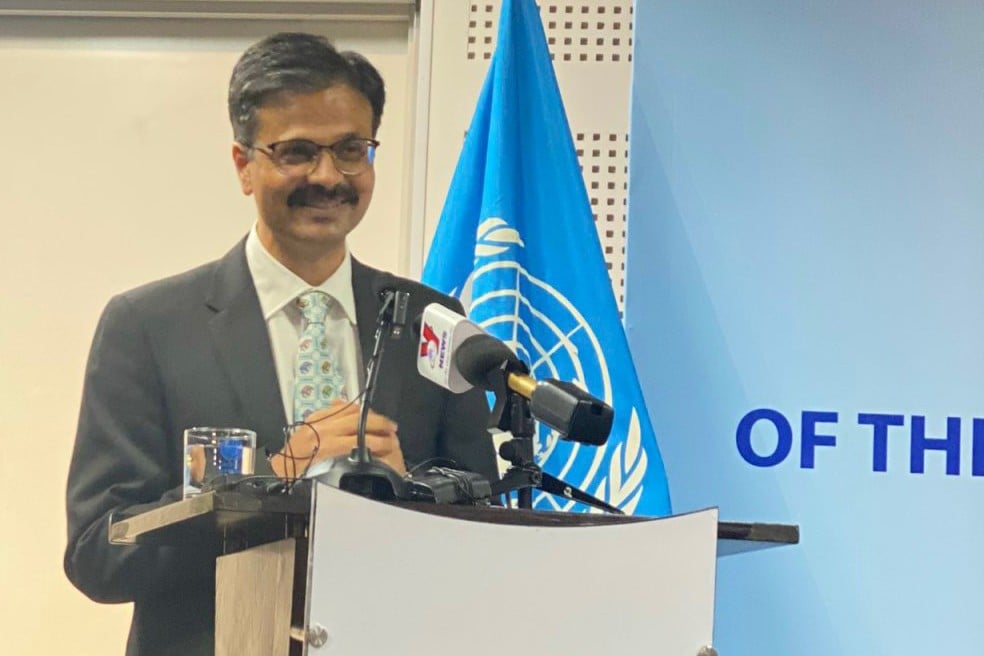 |
| United Nations Special Rapporteur on the right to development Surya Deva. (Photo: TT) |
What are your impressions of your visit to Vietnam?
Vietnam has made impressive progress in economic development and poverty reduction. It has also taken a number of measures to promote gender equality and incorporate labour rights or sustainability provisions into trade agreements.
However, the Government needs to do more to create an enabling environment for active and meaningful participation of citizens in decision-making at all levels. In addition, greater efforts are needed to ensure that disadvantaged or vulnerable groups such as ethnic minorities and persons with disabilities are not left behind in achieving all the sustainable development goals.
It is known that you are very interested in the role of business in ensuring human rights. During this visit, you had many opportunities to work with representatives of the business community and visit businesses in different sectors. Could you share your observations and recommendations with them?
Businesses have an important role to play in realizing the right to development. I had the opportunity to visit and meet with representatives of a number of companies operating in different sectors. What was interesting to me was that the companies I visited were integrating the latest technologies and innovations into their operations, improving employee well-being, supporting the transition to renewable energy or supporting community projects.
However, corporate representatives need to be more proactive in meeting international standards regarding responsible business conduct as well as policies and procedures to address sexual harassment in the workplace.
In addition, it is important that the Government further incentivises companies to adopt responsible business practices. The Vietnam Chamber of Commerce and Industry should raise awareness of international standards and build capacity for small and medium-sized enterprises.
How do you assess gender equality and women's empowerment in Vietnam? In your opinion, what are some good examples of Vietnam in this regard and what challenges need to be addressed?
Vietnam has made progress in ensuring equal participation of women in decision-making bodies at different levels of government and public administration. For example, 30.26% of seats in the National Assembly are held by women and three out of 18 ministers in the Central Government are women.
It is also worth noting that Vietnam’s 2019 Labor Code prohibits and penalizes sexual harassment in the workplace, and the Law on Domestic Violence Prevention and Control takes a human rights-based approach to domestic violence.
Building on these steps, the Government should also ratify ILO Convention 190 on Violence and Harassment, and take proactive measures to address the imbalance in the sex ratio at birth and gender-based retirement age discrimination. The Government should also take steps to improve the underrepresentation of women with disabilities and ethnic minorities at all levels of government.
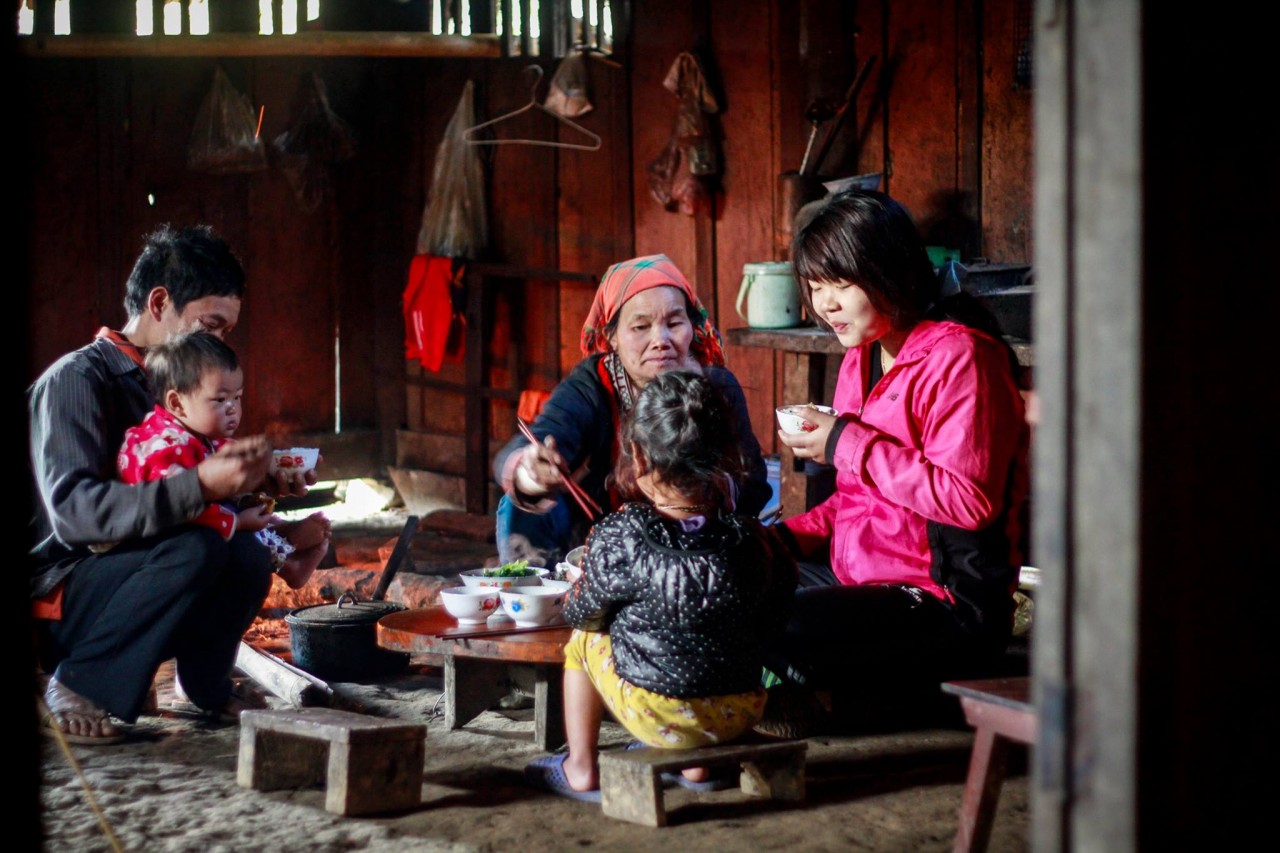 |
| He said that Vietnam needs to make greater efforts to ensure that disadvantaged or vulnerable groups such as ethnic minorities and people with disabilities are not left behind in implementing all sustainable development goals. (Photo: Nguyen Hong) |
Vietnam is one of the countries most severely affected by climate change. What recommendations do you have from your visit to Vietnam, especially local visits?
Vietnam is highly vulnerable to the impacts of climate change, including rising sea levels, biodiversity loss and marine plastic pollution. Climate change and environmental pollution pose the greatest risks to the poor, ethnic minorities and others in remote, low-lying areas, people with disabilities, children and women. Communities living in the Mekong Delta are facing land degradation from farming, unpredictable monsoon floods, drought, increasing saltwater intrusion into rice fields and salt accumulation in nearby lands.
I have seen first-hand the coastal erosion of Bao Thuan commune, Ben Tre province due to rising sea levels. The government needs to conduct rigorous environmental (or social) impact assessments before approving new development projects and ensure meaningful public participation in such processes.
How do you feel about the beauty of Vietnam and its people?
We were warmly welcomed by the Government leaders at all levels. We also felt that everyone had a tendency to protect and keep their neighborhood and country clean. Unfortunately, I did not have much time to explore the beautiful scenery of Vietnam.
Thank you!
Mr. Surya Deva (Indian nationality) began his tenure as the United Nations Special Rapporteur on the right to development for a three-year term from May 1, 2023. He is currently Professor at the Macquarie Law School and Director of the Centre for Environmental Law at Macquarie University, Australia. His research interests include business and human rights, comparative constitutional law, international human rights law, sustainable development, climate change and gender equality. He has advised UN agencies, governments, national human rights institutions, multinational corporations, trade unions and non-governmental organisations on business and human rights issues. |
Source








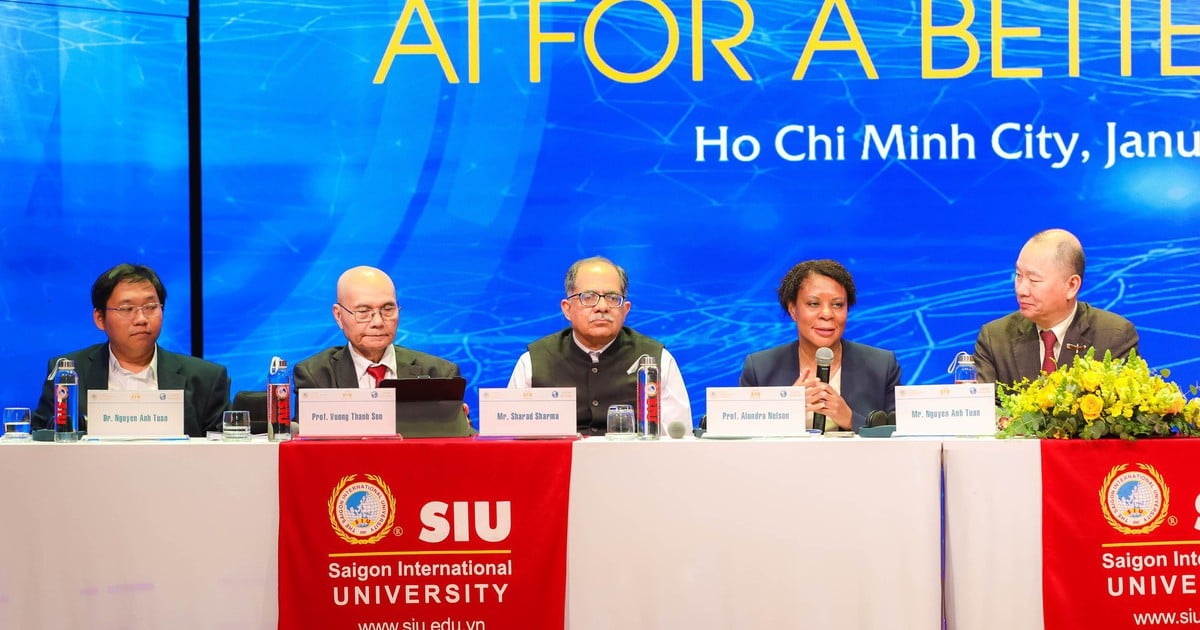



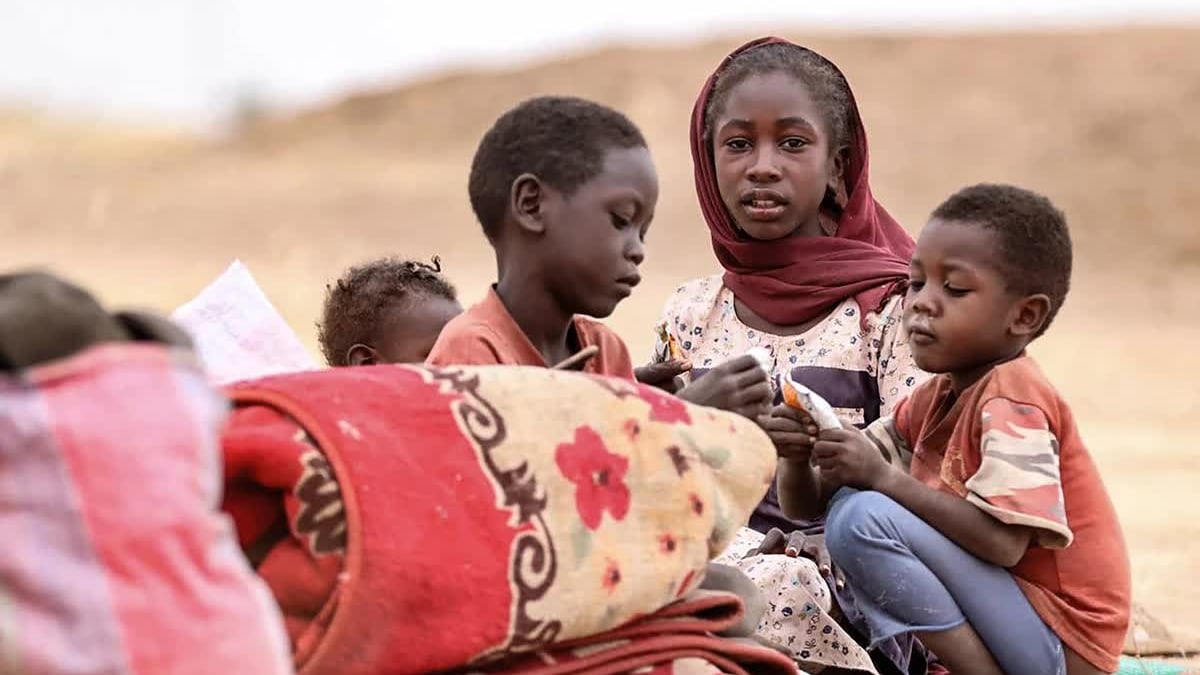



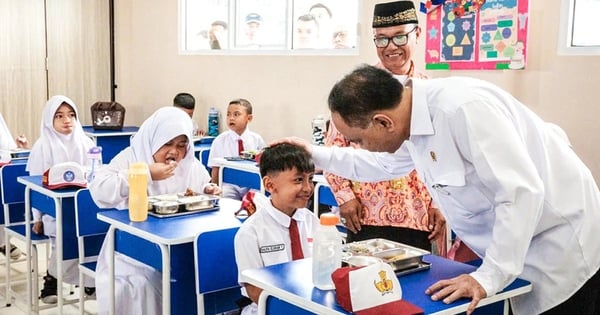

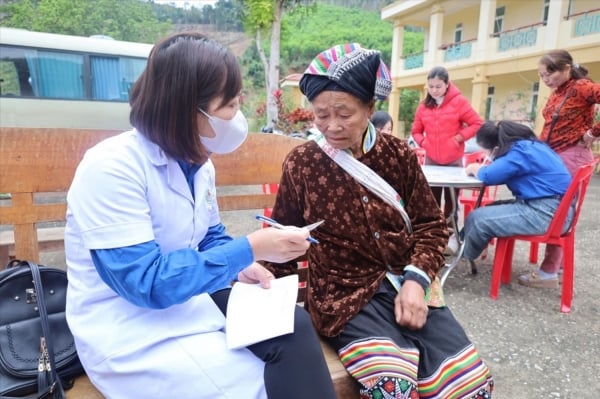

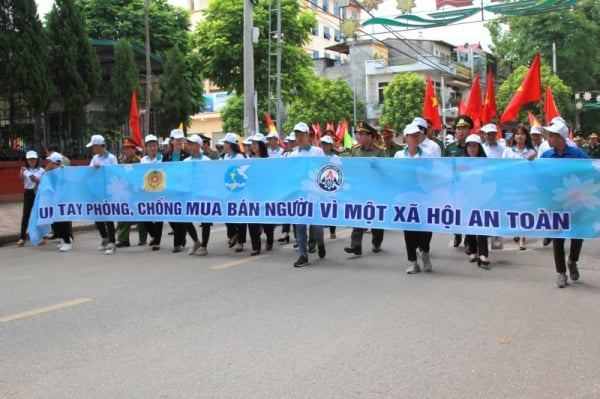
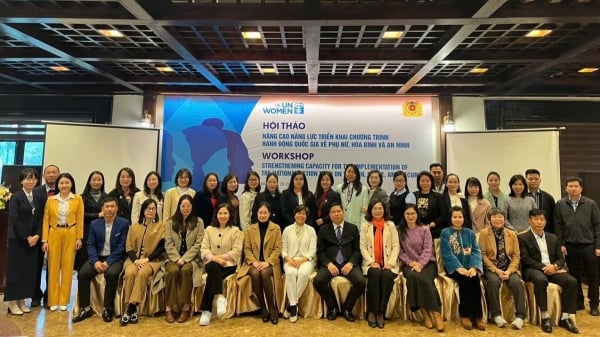
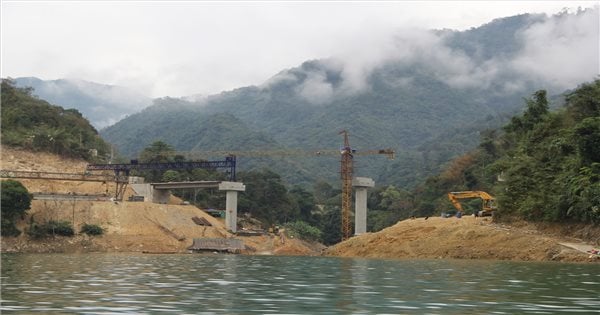

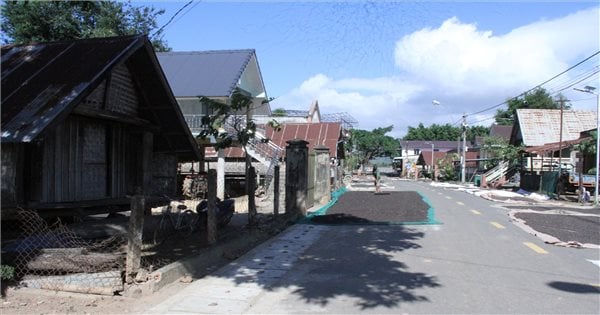



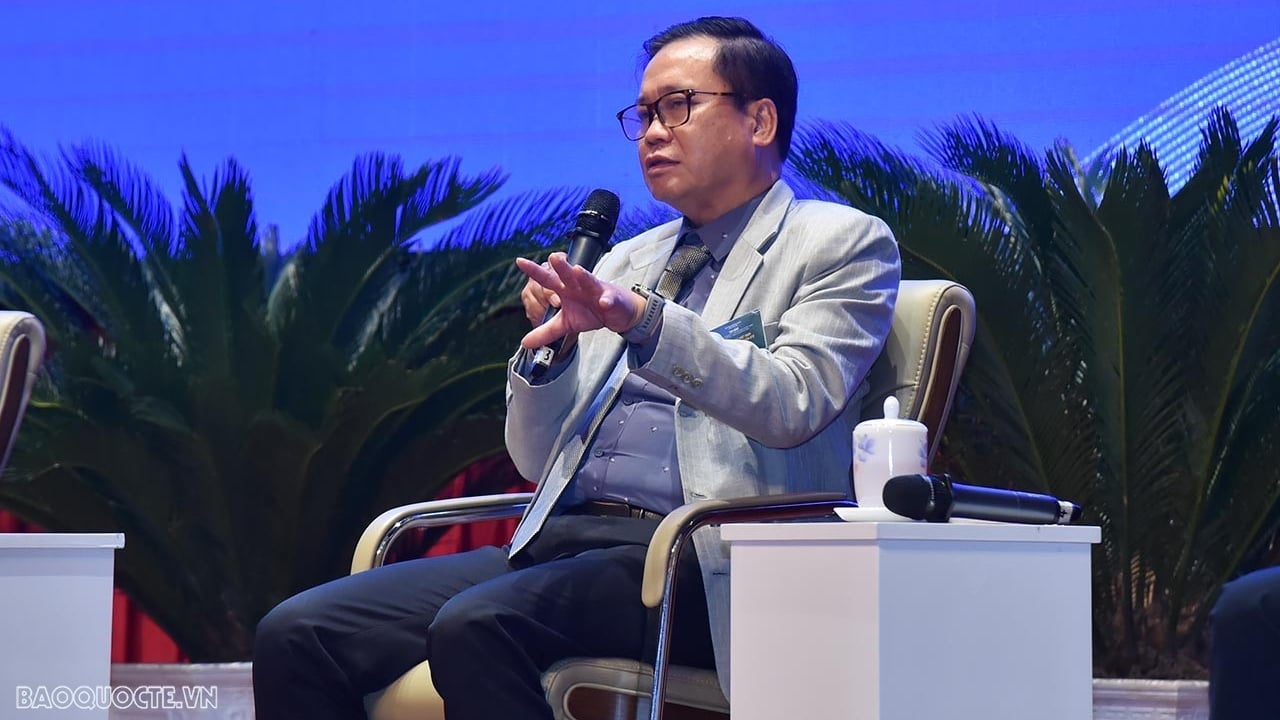

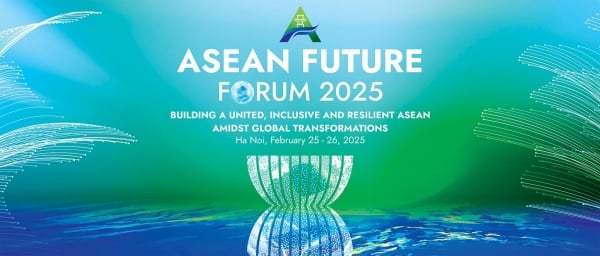




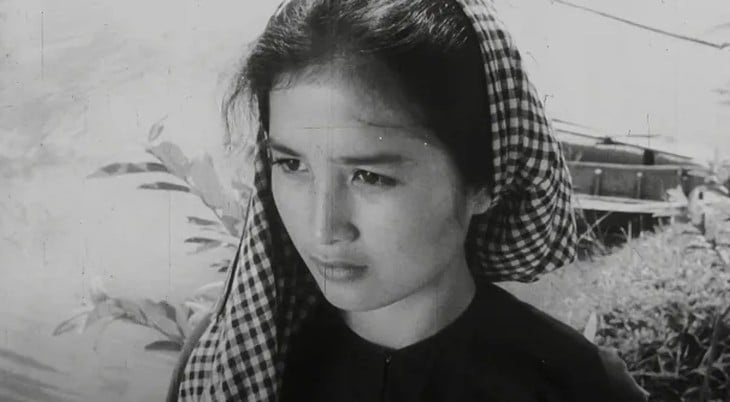

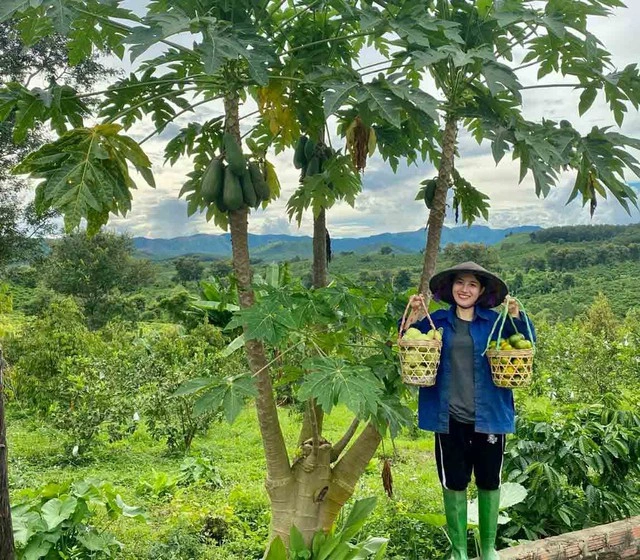

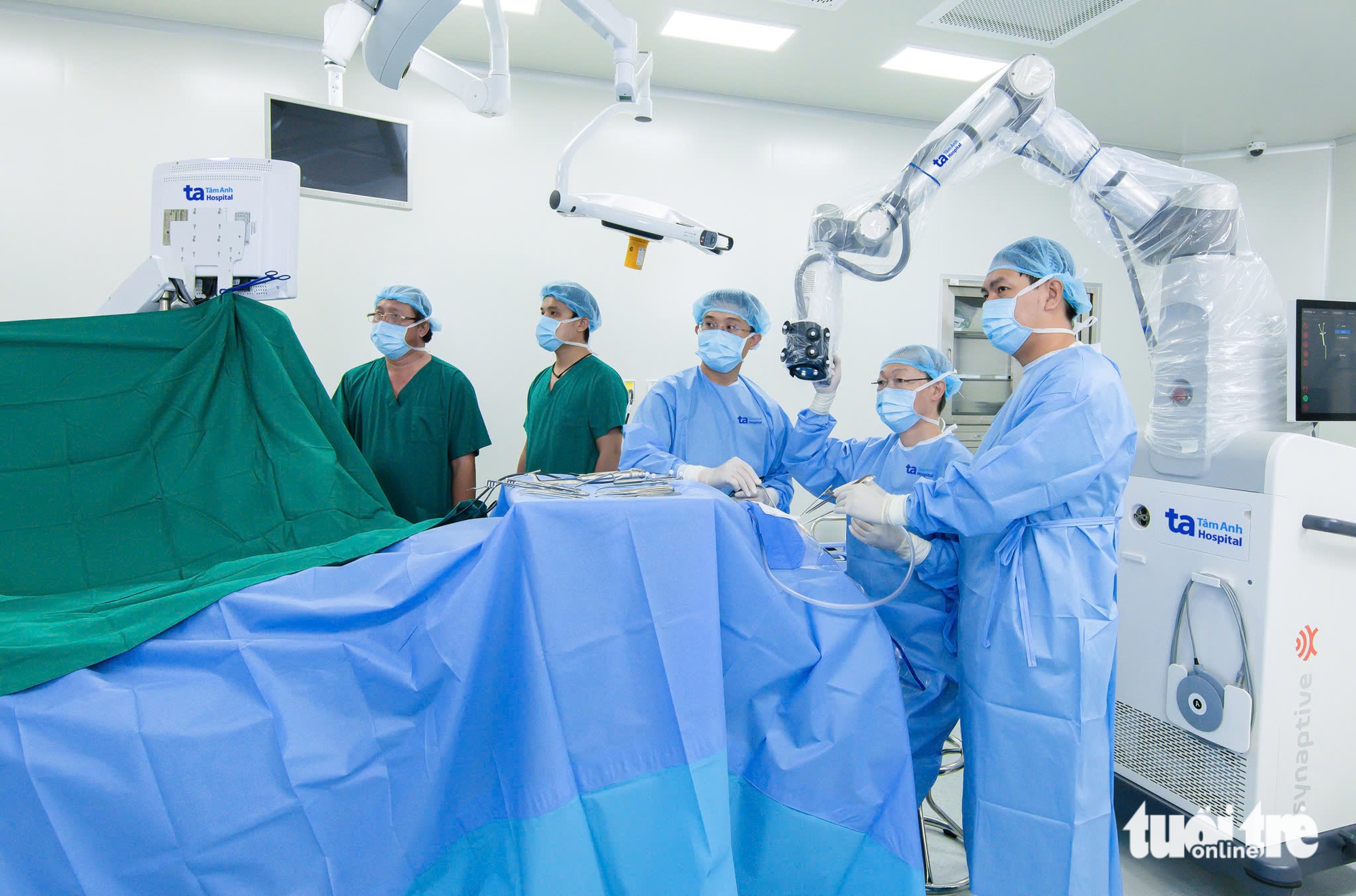

Comment (0)